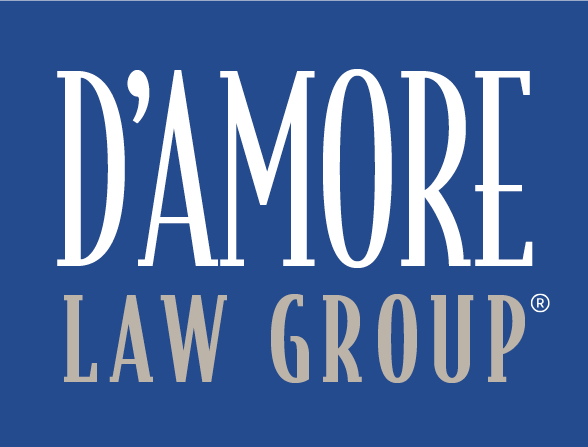Last week, a judge for the 22nd Circuit Court of St. Louis, Missouri affirmed a $4.69 billion verdict against Johnson & Johnson (hereinafter “Johnson”), for claims that its talcum...
Read more
Amazon Not Liable for Products Sold on its Website
Last month, the United States District Court for the Southern District of New York found that Amazon.com, acting as an online marketplace, was not subject to strict liability for defective products sold on its website by third parties.
In sum, the court held that the website was not within the “chain of distribution” such that it could be considered a distributor subject to strict liability for injuries caused by an allegedly defective coffeemaker, which was sold to the plaintiff on its website by a third-party vendor. The court further held that Amazon.com owed no duty to the consumer with respect to that product, and because the website did not make any statement about the coffeemaker, it could not be held liable for breach of express warranty or misrepresentation.
At the time of the injury, the plaintiff, Jacob Eberhart was washing the French Press Coffeemaker when the glass pot shattered, lacerating his thumb. He allegedly suffered nerve damage and potentially permanent limitations on the use of his appendage. He had allegedly also suffered anxiety and trauma due to the event, and was unable to perform the “duties and functions of his occupation as a student.” He initially asked for $2 million in damages.
In his complaint against Amazon.com, he asserted strict products liability, negligence, vicarious liability for the manufacturer’s negligence, breach of express warranty, and misrepresentation. The website giant moved for summary judgment, arguing that it was not liable for the actions of third-party sellers.
In its order, the court stated the facts that were not subject to genuine dispute. Specifically, although the plaintiff denied such, the court noted that the company was never in possession of the item. Rather, it was listed for sale on its website by a company operating under the name of “CoffeeGet.” Furthermore, the court noted that the website offered evidence that the third-party seller had participated in the “Fulfillment by Amazon” program, and therefore, Amazon never took title to the product. Further, the court pointed out that Amazon did not write or develop the product detail page for the product.
First, regarding the strict liability claim, the court held that the failure to take title to a product placed the relevant entity outside the chain of distribution. Secondly, the court found that Amazon was best characterized as a provider of services and that none of the service activities subjected the website to a claim of strict liability. Finally, the court also noted that all other courts that had previously considered the question of Amazon’s liability for similar issues had concluded that the company was not strictly liable for defective products sold on its marketplace.
As to the other theories of liability named in the plaintiff’s initial complaint, the court found that because Amazon was not involved in the manufacture, sale, or distribution of the product, it owed the consumer no duty with respect to that product.
